
9 Tips for Residency Interview Success
You’ve got a lot riding on your residency interviews: a competitive undergraduate academic track + ... Read more
Written by: Sarah Johnston
Published on: October 16, 2018

You’ve got a lot riding on your residency interviews: a competitive undergraduate academic track + ... Read more
Written by: Sarah Johnston
Published on: October 16, 2018

While the majority of medical students pursue a traditional MD degree, dual-degree programs are available ... Read more
Written by: AAMC Staff
Published on: October 15, 2018
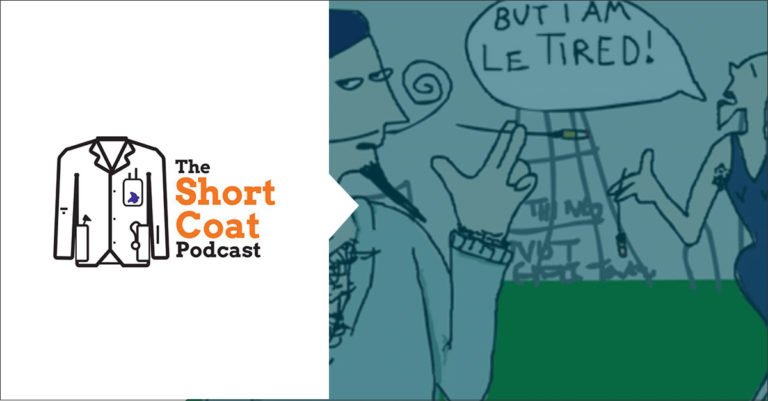
We love listener feedback…even when it’s negative 🙂 And this whole obesity thing is really ... Read more
Written by: The Short Coat Podcast
Published on: October 11, 2018

After months of ambiguity, wondering if you will receive interview invitations and if you have ... Read more
Written by: Cassie Kosarek
Published on: October 10, 2018

Medical school is characterized, and often caricatured, by the immense levels of stress that plague ... Read more
Written by: Casey Paton
Published on: October 9, 2018

Learning about a new culture, seeing how healthcare is done in another country, and building ... Read more
Written by: Christina Amutah
Published on: October 8, 2018
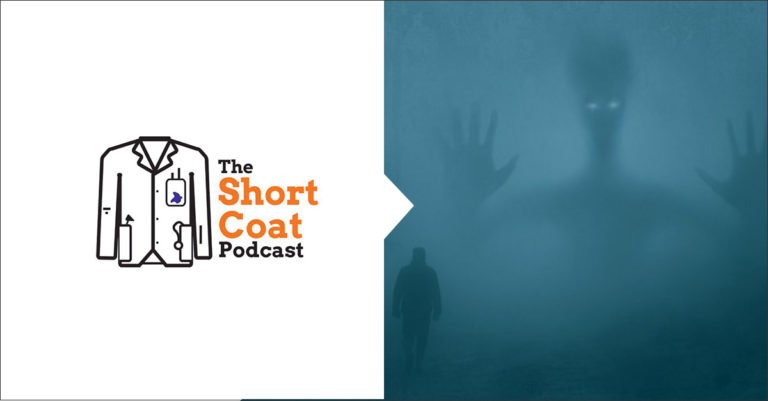
This week, listener Jen sent us an article from JAMA in which the author bemoans his tendency ... Read more
Written by: The Short Coat Podcast
Published on: October 5, 2018
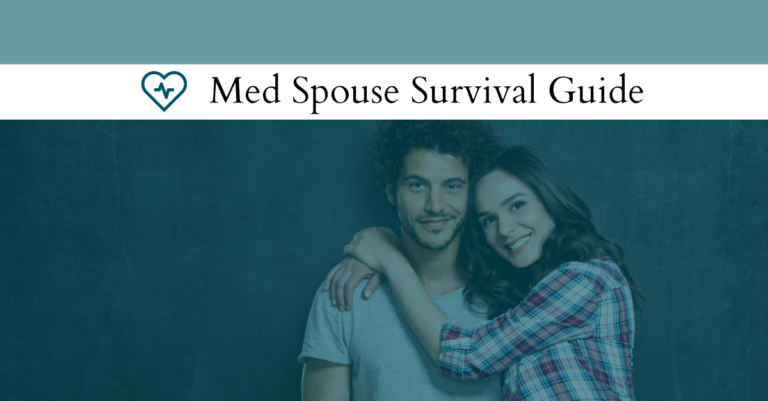
We’re a few months into the new medical year and wherever your spouse is at ... Read more
Written by: Amy Rakowczyk
Published on: October 4, 2018

Welcome to “Research for the Rest of Us”, a column about navigating the complex intricacies ... Read more
Written by: Trevor C. Hunt
Published on: October 3, 2018

A number of articles have previously addressed the importance of shadowing as a medical student ... Read more
Written by: Adil Menon
Published on: October 2, 2018

A 58-year-old woman presents two days after a cardiac catheterization with malaise, fatigue, and new ... Read more
Written by: Figure 1
Published on: September 29, 2018
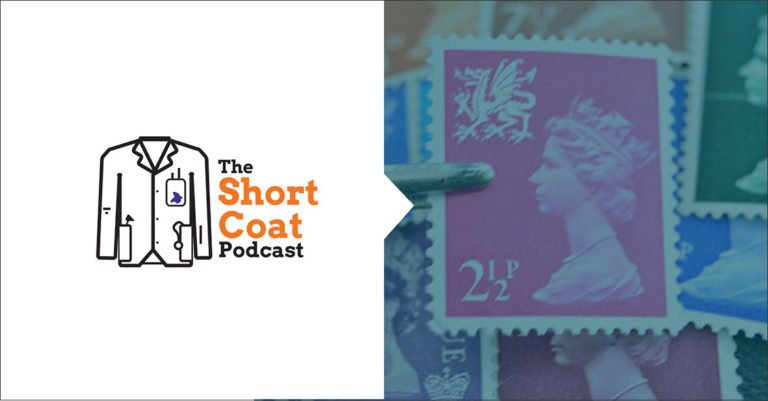
Let’s just keep talking about treating obesity Fifi Trixiebell (not her real name) wrote to [email protected] asking ... Read more
Written by: The Short Coat Podcast
Published on: September 29, 2018

It is often said that the journey to becoming a doctor is a marathon, not ... Read more
Written by: Julia Bauman
Published on: September 27, 2018

Challenges and barriers are inevitably present in any job field. The particular obstacles may vary ... Read more
Written by: Brittany Ferri
Published on: September 26, 2018
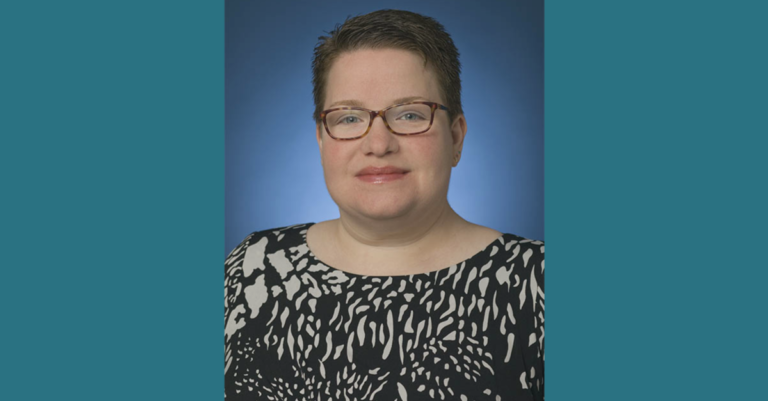
Dr. Sarah M. Lawrence obtained her Bachelor of Arts in political science (magna cum laude) ... Read more
Written by: Crissey Tait
Published on: September 25, 2018

The year is 1921. A medical student toils away at a dimly lit lab bench ... Read more
Written by: Trevor C. Hunt
Published on: September 24, 2018

A 70-year-old male with a history of hypertension presents with a fever and severe pain ... Read more
Written by: Figure 1
Published on: September 22, 2018
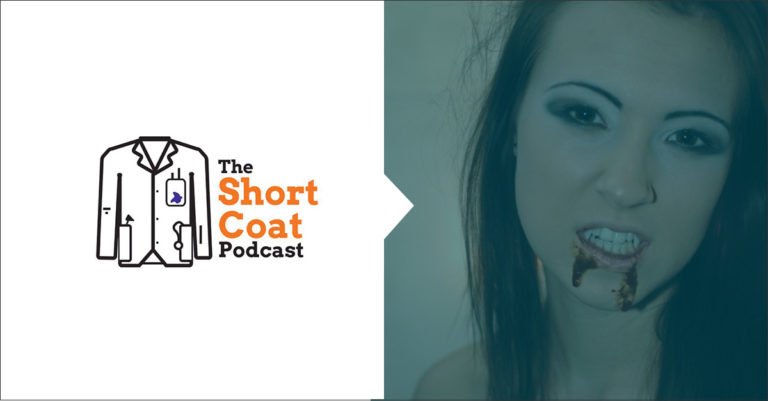
Obesity may not be hopeless, but it is very difficult for physicians and sufferers Listener ... Read more
Written by: The Short Coat Podcast
Published on: September 22, 2018
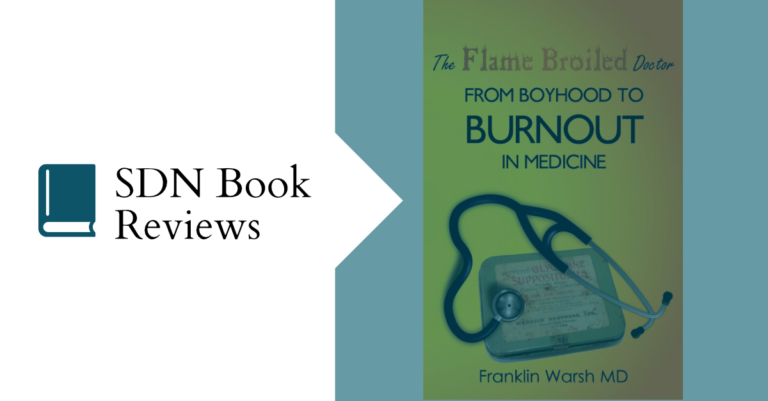
Physician burnout is something of a hot topic nowadays. I say that not to belittle ... Read more
Written by: Pratiti Roy
Published on: September 21, 2018